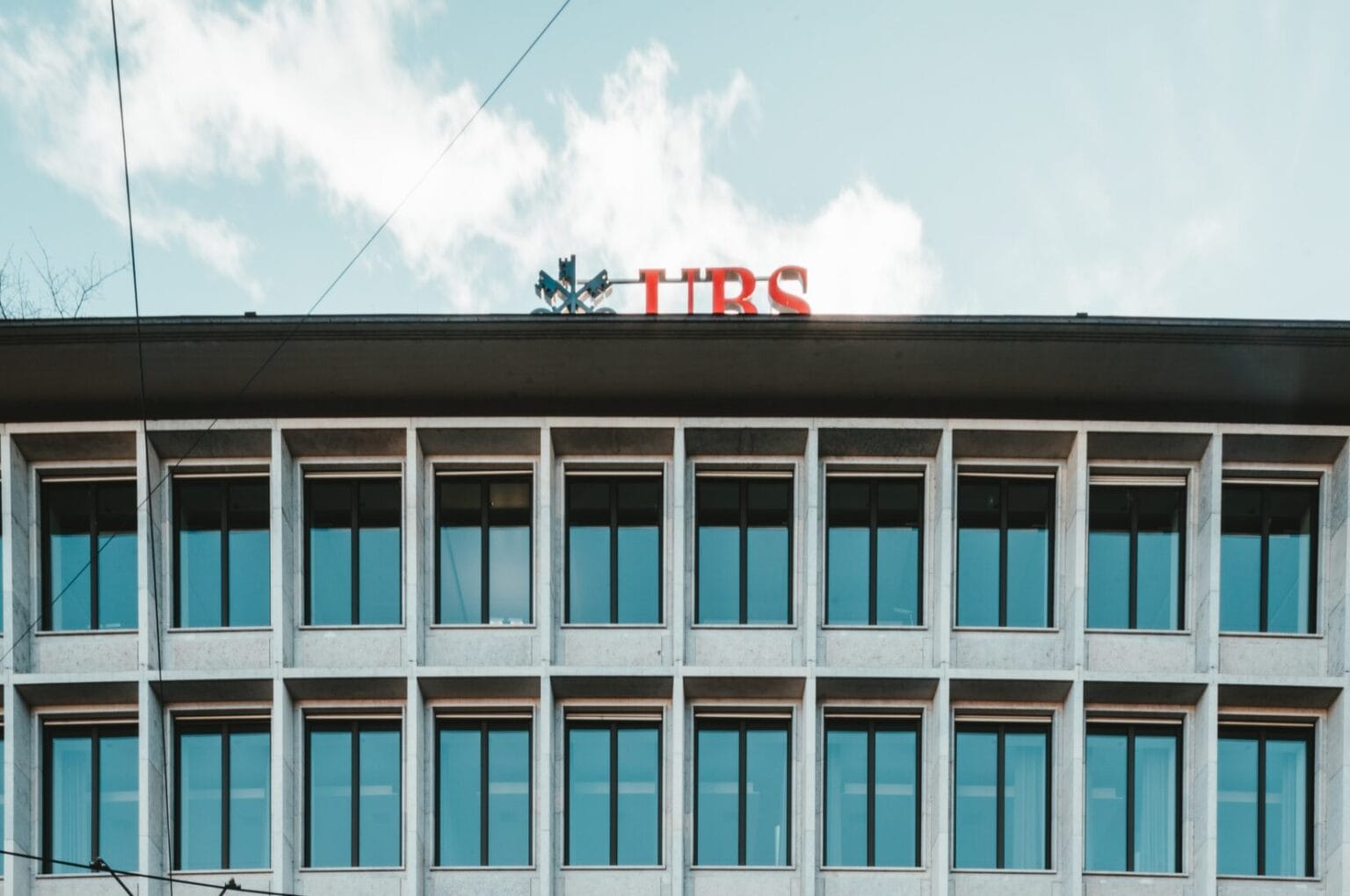After taking over Credit Suisse, a big Swiss bank plans to lay off a lot of people. UBS may cut more than 30,000 jobs around the world.
A senior manager at UBS told the newspaper Sonntagszeitung that the company will lay off between 20% and 30% of its employees after it finishes buying out its rival Credit Suisse.This could mean letting go of as many as 36,000 people around the world.
The newspaper pointed out that about 11,000 people would lose their jobs in Switzerland, but it didn’t say which jobs would be affected. The report says that by the end of 2022, the two lenders will have employed almost 125,000 people around the world. About 30% of those jobs were in Switzerland.

The two Swiss banks announced a historic merger last month. UBS agreed to buy its troubled rival for $3.24 billion in stock. The deal was backed by government guarantees and 100 billion Swiss francs (just over $1 billion) in liquidity assistance from Switzerland’s central bank. The deal was made by the government to restore trust in the Western financial system and keep a global crisis from happening after two regional banks in the US failed.
The banking crisis made Credit Suisse’s problems even worse. The company was already dealing with a string of scandals, legal problems, and customers leaving. On top of that, its biggest investor, the Saudi National Bank, said in March that it couldn’t help with money because of legal and regulatory limits. Credit Suisse said that it would have a net loss of 7.3 billion francs (almost $8 billion) in 2022 and warned that it would have another “substantial” loss in 2023 before making money again in 2024.
By the end of this year, Switzerland’s two biggest banks should have joined together. Last week, UBS said that it is bringing Sergio Ermotti back as CEO “in light of the new challenges and priorities facing UBS after the announcement of the acquisition.” A statement from UBS said that Ermotti, who ran UBS for nine years from November 2011 to October 2020, had “successfully repositioned” the bank after the global financial crisis of 2008 and “brought about a deep change in the bank’s culture.”
